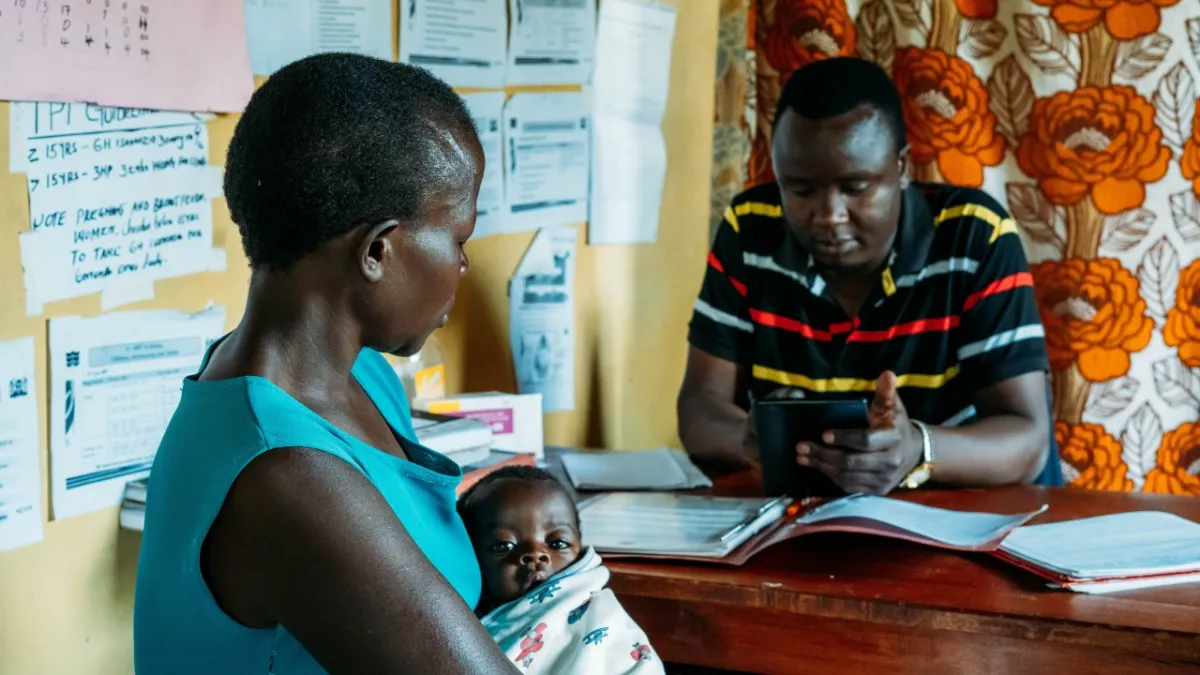Traveling with HIV is absolutely possible, but it requires some extra planning to ensure a smooth and enjoyable trip. Whether you’re traveling domestically or internationally, these tips will help you prepare and stay healthy while away from home.
1. Start Planning Early
Traveling with HIV may take a bit more preparation, so give yourself plenty of time. Aim to plan your trip several months in advance. This will allow you to:
- Meet with your healthcare provider.
- Get necessary vaccines or medications.
- Confirm your insurance coverage.
- Pack everything you need for your destination.
2. Check Travel Restrictions
Some countries have restrictions for people living with HIV. These rules can affect whether you’re allowed to enter or stay in a country, even for short visits. While many countries have removed these restrictions, it’s important to research your destination beforehand.
Examples of Progress:
- Taiwan and South Korea: No longer have any travel restrictions for people with HIV.
- Singapore: Now allows short-term stays for people with HIV.
- Canada: Makes it easier for people with HIV to obtain residence permits.
You can check online databases or contact embassies and consulates to confirm if your destination has any restrictions.
3. Visit Your Healthcare Provider
Schedule an appointment with your healthcare provider at least a month before your trip. During this visit:
- Discuss your current health and how it might affect your travel plans.
- Get any necessary vaccines or medications for your destination.
- Request extra prescriptions for your HIV medications.
- Ask for a letter from your doctor that lists your medications. This letter can be useful at customs or if you need medical care while traveling.
4. Get Necessary Vaccines
Depending on where you’re traveling, you may need certain vaccines. People with HIV should follow the same vaccine recommendations as other travelers, but there are a few things to keep in mind:
- If your immune system is weak (low CD4 count), some vaccines may not work as well or may take longer to be effective.
- You may need booster shots or additional doses of certain vaccines.
- Some vaccines, like the yellow fever vaccine, may not be recommended if your immune system is very weak.
5. Pack Your Medications Carefully
Make sure you have enough medication for your entire trip, plus extra in case of delays. Here’s how to pack your medications:
- Keep them in their original packaging.
- Store them properly (some medications need to be kept cool or away from light).
- Carry a copy of your doctor’s letter explaining your medications.
- Bring your medications in your carry-on bag to avoid losing them if your luggage is delayed.
If you’re flying and need to carry liquid medications over 100 milliliters, check with your airline for approval.
6. Review Your Insurance
Make sure your health insurance covers you while traveling. If it doesn’t, consider purchasing travel insurance. Bring your insurance card with you in case you need medical care during your trip.
7. Prepare for Your Destination
Traveling can expose you to new risks, so it’s important to take precautions. Here’s how to stay safe:
- Insect Protection: If you’re visiting a place with insect-borne diseases, pack insect repellent with DEET (at least 30%) and wear long-sleeved clothing.
- Food and Water Safety: In developing countries, avoid:
- Raw fruits and vegetables (unless you peel them yourself).
- Raw or undercooked meat and seafood.
- Unprocessed dairy products.
- Street vendor food.
- Tap water and ice made from tap water.
- Hygiene: Pack hand sanitizer and use it regularly to keep your hands clean.
8. Stay Organized During Your Trip
- Keep Medications Close: Always carry your medications with you, especially if you’re flying or taking long trips.
- Follow Your Routine: Take your medications at the same time every day, even while traveling.
- Stay Healthy: Get enough rest, stay hydrated, and avoid overexerting yourself.
Takeaway
Traveling with HIV is completely doable with the right preparation. By planning ahead, packing wisely, and taking care of your health, you can enjoy your trip without stress. Always consult your healthcare provider before traveling to ensure you’re ready for a safe and enjoyable journey.
Safe travels! ✈️

